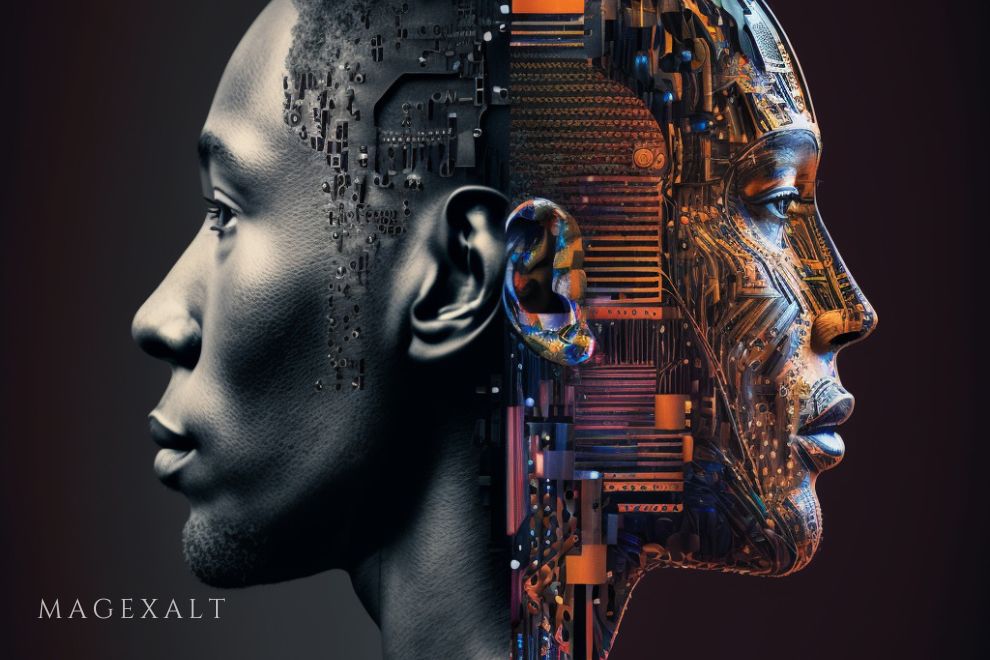In recent years, the integration of artificial intelligence (AI) into various aspects of society has sparked both excitement and concern. On one hand, AI has the potential to revolutionize industries, improve efficiency, and enhance the quality of life for individuals around the world. On the other hand, there are fears about job displacement, loss of privacy, and the ethical implications of autonomous decision-making systems. However, amidst these debates, one thing is clear: AI has the power to shape society for the better, but only if humans and machines work together collaboratively.
One area where AI has already demonstrated its potential for positive impact is healthcare. AI-powered diagnostic tools can analyze medical images, detect patterns, and assist healthcare professionals in making more accurate diagnoses. This not only improves patient outcomes but also helps to alleviate the burden on overworked medical professionals. Additionally, AI algorithms can analyze vast amounts of medical data to identify trends and patterns that humans might overlook, leading to new insights and breakthroughs in medical research.
In education, AI has the potential to personalize learning experiences for students, catering to their individual needs, preferences, and learning styles. Intelligent tutoring systems can adapt content in real-time based on a student’s progress, providing targeted support and feedback. This can help to address the challenge of one-size-fits-all education and ensure that every student has the opportunity to reach their full potential.
Furthermore, AI can play a crucial role in addressing some of the most pressing challenges facing society, such as climate change and urbanization. AI-powered systems can optimize energy consumption, improve transportation efficiency, and enhance resource management, leading to a more sustainable and environmentally friendly future. Additionally, AI can help to address issues of inequality and social justice by identifying biases in decision-making processes and promoting fairness and transparency.
However, for AI to realize its full potential for positive impact, it is essential that humans and machines work together in a collaborative and responsible manner. This requires a concerted effort to ensure that AI systems are designed and implemented ethically, with careful consideration given to issues such as bias, transparency, and accountability. It also requires ongoing dialogue and cooperation between technologists, policymakers, and other stakeholders to address the complex social, ethical, and legal implications of AI.
Furthermore, it is essential to recognize that AI is not a substitute for human judgment, creativity, and empathy. While AI can augment human capabilities and automate routine tasks, there are certain aspects of human cognition and decision-making that cannot be replicated by machines. Therefore, it is crucial to strike the right balance between human and machine intelligence, leveraging the strengths of each to achieve the best possible outcomes.
In conclusion, AI has the potential to shape society for the better in countless ways, from improving healthcare and education to addressing global challenges such as climate change and inequality. However, realizing this potential requires a collaborative effort between humans and machines, with a focus on ethical design, responsible implementation, and ongoing dialogue. By working together, we can harness the power of AI to create a more prosperous, equitable, and sustainable future for all.






